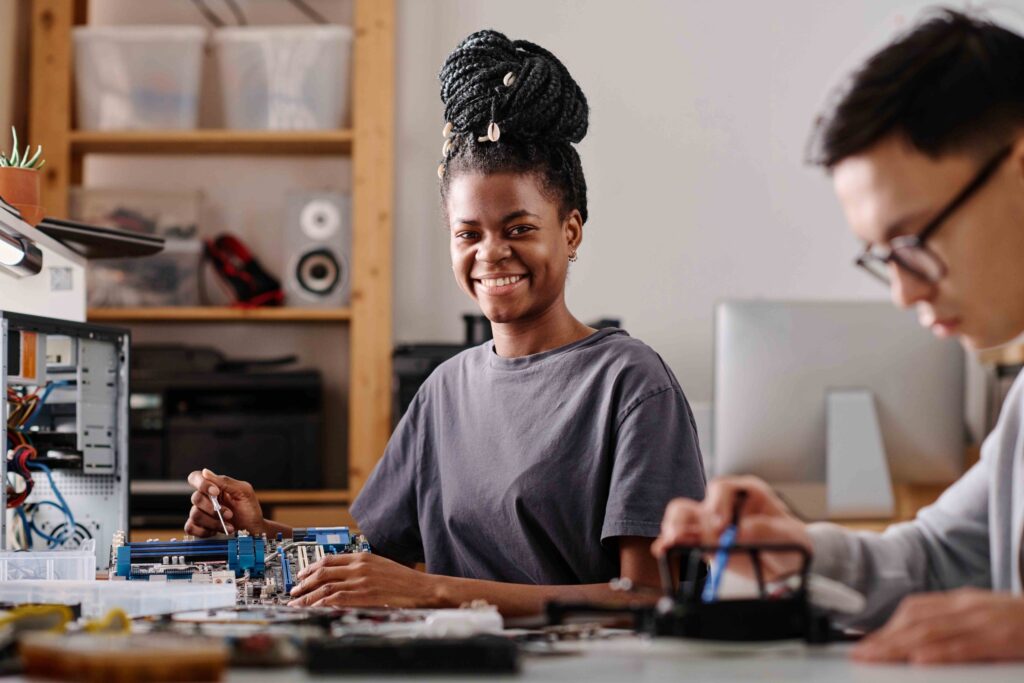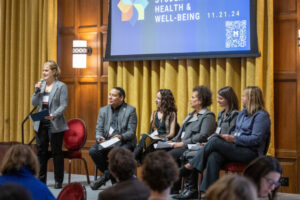In the past year, nearly 190,000 electronic items have been salvaged by volunteer repairers at global repair cafes, according to a fresh report. This recent study will undoubtedly pique the interest of fans of the popular BBC TV show, The Repair Shop. The first-ever report by the international Open Repair Alliance highlights fast-paced growth and overwhelming public support for reparative initiatives.
The report, released just before the International Repair Day on Saturday, also indicates that the number of active repair groups contributing data to the alliance has grown from a mere 246 in 2019 to 1,158 now. These volunteer fixers have collectively made more than 200,000 attempts to repair electronic items at community repair events globally since 2012. The UK alone has hosted more than a quarter of these repair events.
With over 600 repair cafes currently operating in the UK, many are planning to hold events to celebrate the eighth International Repair Day this weekend. The festivities will include eco-fairs, photographic exhibitions showcasing community repair efforts, and more. Over 1,500 events are expected to take place in more than 30 countries. Alongside these events, the very first repair cafe established in the Netherlands by Repair Cafe International in 2009 will be celebrating its 15th anniversary.
Among the key players in this movement is Fiona Dear, co-director of the UK-based Restart Project. The project aims to help ordinary people learn how to fix their electronics, thereby encouraging them to rethink their consumption habits. The Open Repair Alliance report attests to the thriving community repair movement not just in the UK, but globally. Fiona and her team are advocating for policy changes that would reduce the wastage of usable products. They propose solutions like repair vouchers and VAT cuts on refurbished household items. A recent YouGov poll supports this with 85% of respondents arguing for repair, refurbishment, and reselling of waste items.
The UK Repair and Reuse Declaration already boasts over 350 signatories, including businesses, institutions, and community groups, calling for the implementation of reuse targets. In a recent study, the Restart Project’s citizen scientists sorted through 599 items found at a west London household recycling centre. They determined that nearly half of these items were either in working condition or required only minor repairs to be functional again.
Stefania Fantini, one of the citizen scientists who tested these items was disheartened to find so many products that could have had a second life. Fully functional lamps, printers, and vacuum cleaners were discarded, not to mention the items that could have been easily fixed. Many people could still use these items, she noted.
Fiona Dear is hopeful that the new UK government will help businesses and the public transition from a throwaway economy to one that emphasizes giving items a second life.
Key facts:
- 1,158 repair groups currently share data with the Open Repair Alliance.
- Since 2012, 200,000 attempts have been made to repair electronics and electricals at community repair events worldwide.
- 55,000 items were successfully fixed in the last year, as per estimates.
“`





